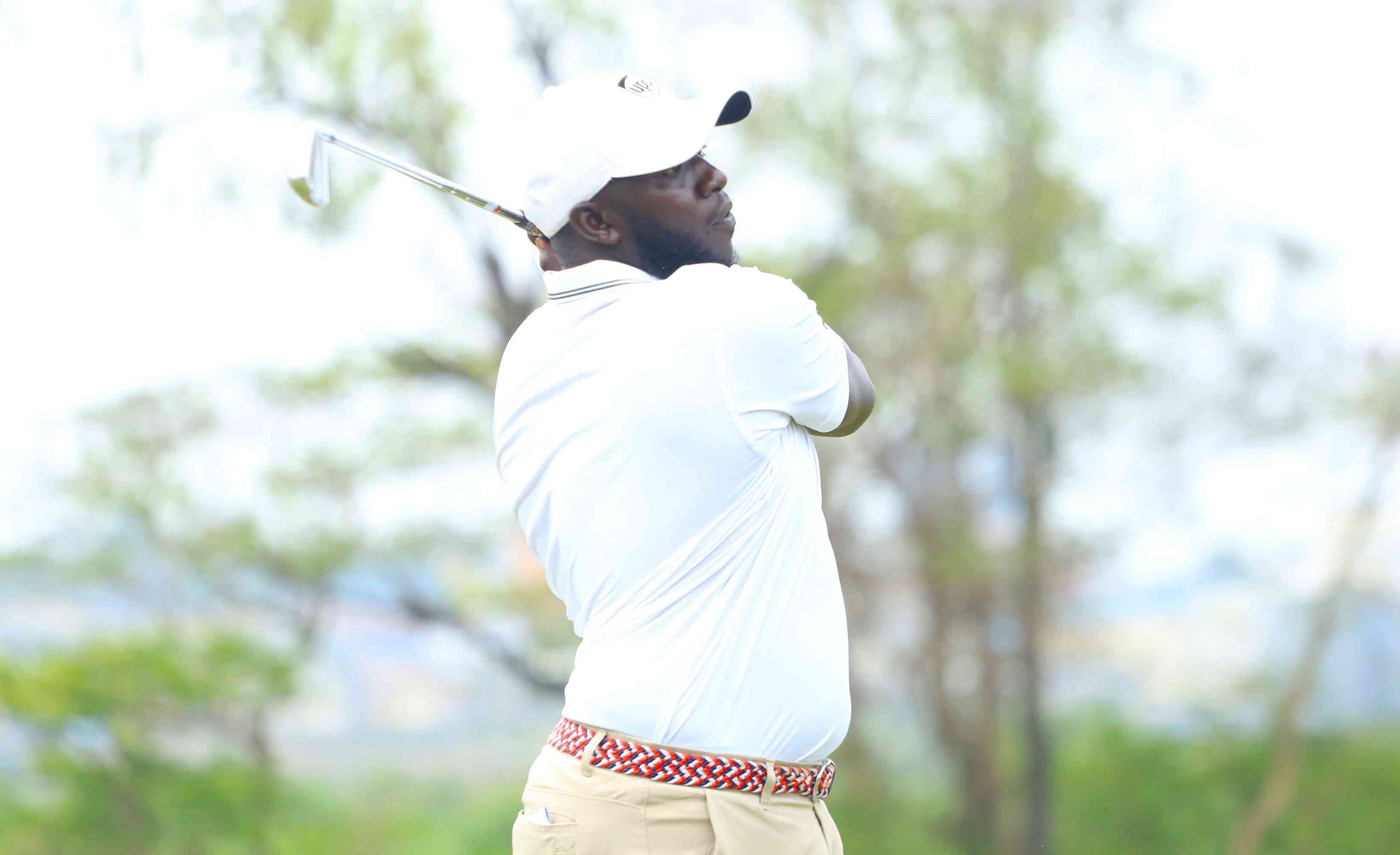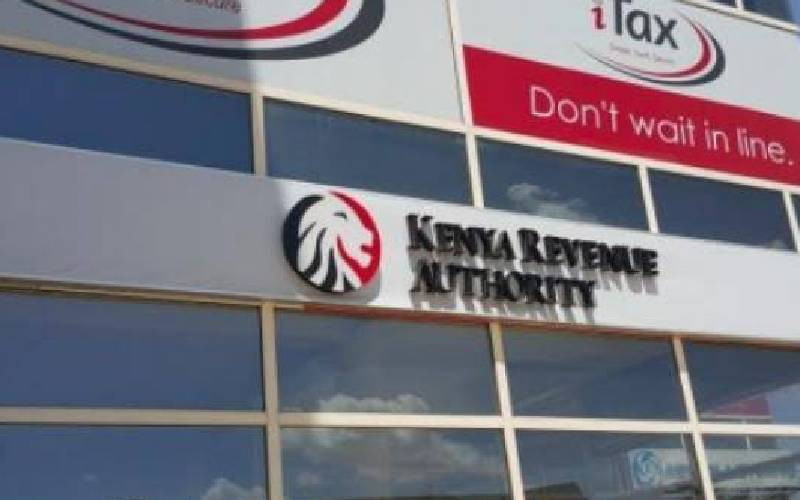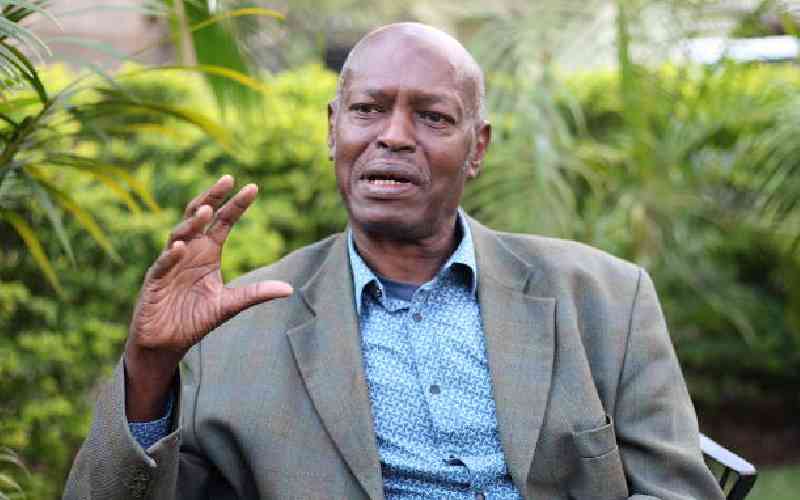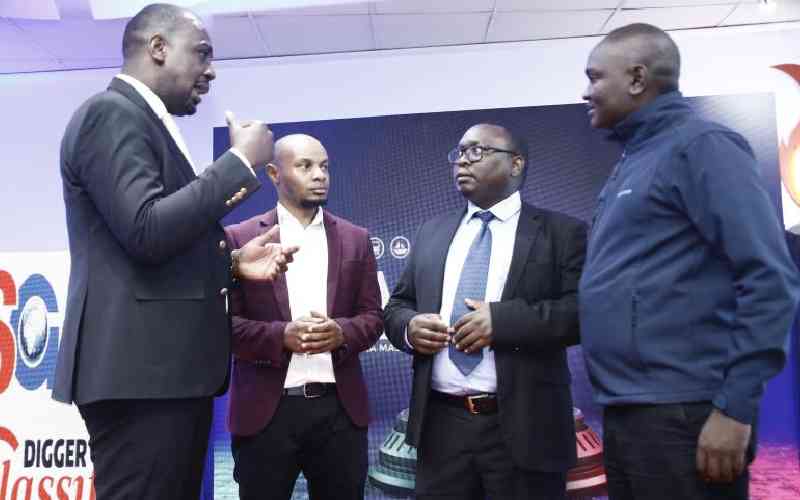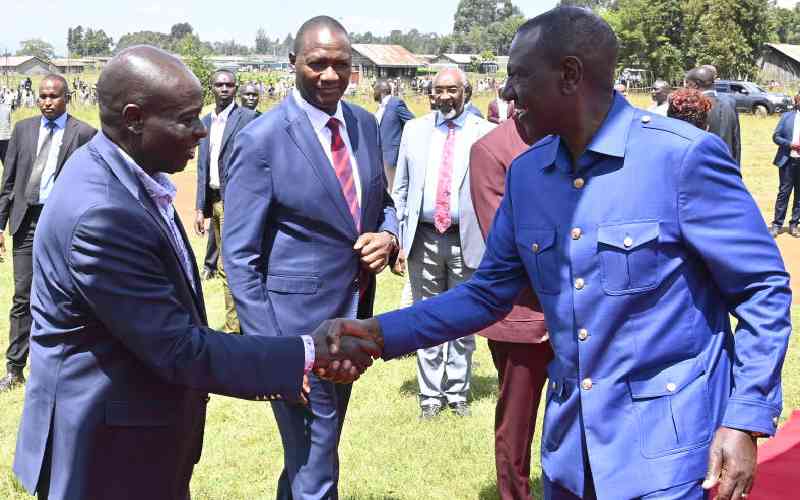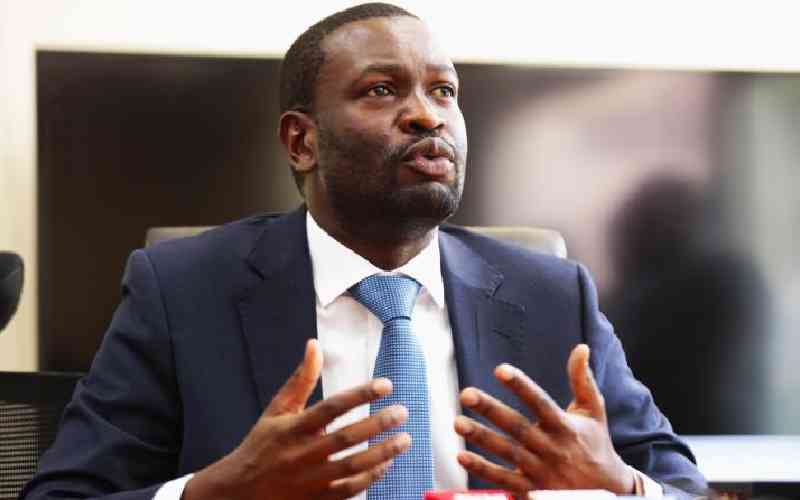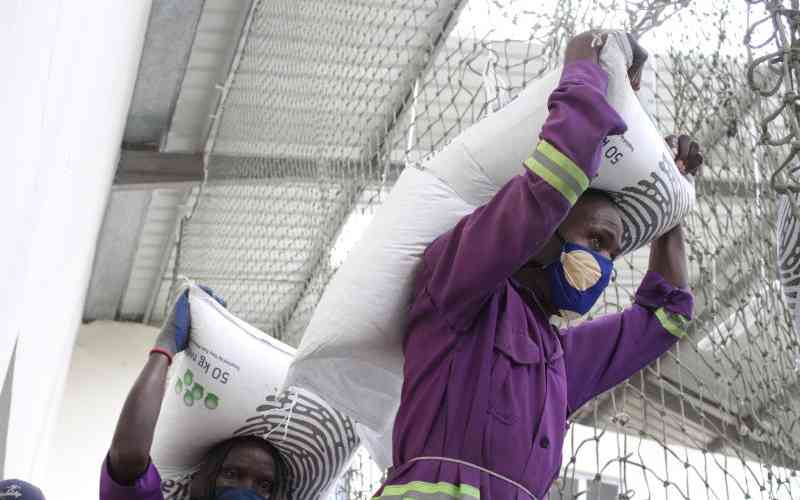Barrack Muluka
We were once young men and women in the academies in a gone age, crooning revolutionary tunes. We sang along with Robert Nester Marley about Africans in Zimbabwe. “Everyone gotta a right to decide his own destiny,” we sang. We danced to the beat of reggae drums and guitars. ‘And in this judgement there is no partiality . . . Africans are gonna liberate, Zimbabwe,” we sang on.Like every post pubescent youth, we thought we had the last word on freedom. We said we were fire eating revolutionaries. We gobbled down the history of the freedom struggle in Africa. We read of Agostinoh Netto, Holden Roberto and Jonas Savimbi of Angola. Then there was Amilcar Cabral, the great revolutionary who went by the nom de guerre of Abel Djassi. He straddled Guinea Bissau and Cape Verde like a true colossus. The Portuguese assassinated him in 1973, ahead of Guinea Bissau’s unilateral declaration of independence. Earlier, in 1969, they had sniffed life out Dr Eduardo Mondlane of Frelimo (Liberation Front of Mozambique) with a parcel bomb.Narratives of these great heroes captured our youthful imagination. We wanted to be like them. We were proudly African. From another vantage, James Brown was singing in America. He was telling us to “Say louder, I am black and proud.” In the other Guinea, Ahmed Sekou Toure had done for his people what Jomo Kenyatta and Tom Mboya had done for Kenya. For his part, Mwalimu Nyerere of Tanzania was inspiring us with the humane philosophy of Ujamaa. Kwame Nkurumah, the Osagyefo of Ghana was the African liberator par excellence. He was preaching African unity. He introduced a philosophy he called “consciencism.” Kenyatta was preaching harambee. Kaunda of Zambia was talking of humanism.
Like Uhuru Kenyatta, who was named for Kenya’s independence, we grew up in the age of African liberation. The names of our liberators littered the place. There was Dr Kamuzu Banda who cracked the British federation of Nyasaland and Northern Rhodesia. Haile Selassie was the invincible Lion of Judah. Even Mohammed Siad Barre of Somalia was a hero in that age.But nowhere did heroes preponderate as they did in Southern Africa. You were hearing of Oliver Tambo and the African National Congress (ANC) and of such other heroes as Albert Luthuli, Robert Sobukwe, Nelson Mandela, Walter Sisulu, Steve Biko and the others. And let me say nothing of the great writers and scholars of the 1960s and 70s. They were our own version of Encyclopaedists a la the pre-revolutionary French intellectuals.Then there was Rhodesia, that baffling land of precious metals, vast farmlands and fabled history. The story of Rhodesia had remained enigmatic. From the Great Zimbabwe to the Kingdom of Mwenemtapa Mutota, all the way to the marauding invaders from the South, and to the thieving of the land, animals and minerals in the late 19th century by Cecil Rhodes, John Moffat and Charles Rudd. As the people fought for freedom, Ian Smith stole independence in 1965. He threw African freedom fighters in detention. Joshua Nkomo, Rev Ndabaningi Sithole, Robert Mugabe, Edgar Tekere and Simon Muzenda tower high, among them.At the apogee of the liberation struggle, Rhodesia (later Zimbabwe), South Africa and South West Africa (later Namibia) remained the hardest nuts to crack. For, even the Portuguese gave up their colonies of Angola, Mozambique, Principe, Guinea Bissau and Cape Verde, following the overthrow of Premier Marcelo Jose das Neves Caetano in Lisbon in 1974. As for Rhodesia, Smith vowed that the black man would never take over. That was why on April 18, 1980 we joined the people of Zimbabwe and Bob Marley, chanting away, “Soon we go find out who is, the real revolutionary, cause I don’t want my people to be tricked, by mercenaries.”That was 31 years ago. Today, the story of Zimbabwe is a sorry story. Our heroes of yesteryear reinvented themselves as the enemies of the people. As Africa ushers Southern Sudan into the comity of her nations, there is cause to celebrate with caution. There have been far too many false dawns in Africa to allow us to go full throttle into celebration. Everywhere, the parties of independence became draconian behemoths. They began trampling on the people’s rights and freedoms soon after independence. African liberators have confounding capacity to transformation into dictators. Even the very finest – to include Sekou Toure and Nkurumah – degenerated into dictators and megalomaniacs. Kenyatta became an integrated harvester of wealth and property. He dared anybody to challenge him. He would crush them like rats, he said. Kamuzu Banda became a crackpot village tyrant. Of Mugabe, we should probably say nothing.
The story of Sudan has been a most painful one. Symbolically, the new birth itself is amoebic. As the amoeba breaks into two, today, you cannot help celebrating with caution. Will President Salva Kir embrace good governance? Or will he convert SPLM, the party of independence, into a monster, as our heroes of the 1960s and 70s converted theirs? Will he be an equal opportunity leader? Or will he embrace the political economy of negative ethnicity and exclusion? Will he nip corruption in the bud? Or will he grow corrupt sacred cows from his tribe? Will he expand the democratic space? Or will he embrace vaporisation of citizens and detention without trial? Will he join the amazing self serving choruses in the African big man’s club that is the African Union? Or will he be the voice of reason in this assembly of self-seekers?South Sudan comes with the opportunity for greater integration of the Eastern Africa region into a vibrant economic zone. But the vast natural resources can easily take it the Angola way, if Kir will not provide leadership. Africans know how to turn a blessing into a curse. That is why in the Congo and Angola they have had perennial wars over vast resources. We have done the same in Sierra Leone and in Chad. Our people say it is a foolish man who consciously steps on a snake when he knows what it did to his neighbour. Stay informed. Subscribe to our newsletter
The writer is a publishing editor and media consultant
 The Standard Group Plc is a
multi-media organization with investments in media platforms spanning newspaper
print operations, television, radio broadcasting, digital and online services. The
Standard Group is recognized as a leading multi-media house in Kenya with a key
influence in matters of national and international interest.
The Standard Group Plc is a
multi-media organization with investments in media platforms spanning newspaper
print operations, television, radio broadcasting, digital and online services. The
Standard Group is recognized as a leading multi-media house in Kenya with a key
influence in matters of national and international interest.
 The Standard Group Plc is a
multi-media organization with investments in media platforms spanning newspaper
print operations, television, radio broadcasting, digital and online services. The
Standard Group is recognized as a leading multi-media house in Kenya with a key
influence in matters of national and international interest.
The Standard Group Plc is a
multi-media organization with investments in media platforms spanning newspaper
print operations, television, radio broadcasting, digital and online services. The
Standard Group is recognized as a leading multi-media house in Kenya with a key
influence in matters of national and international interest.

